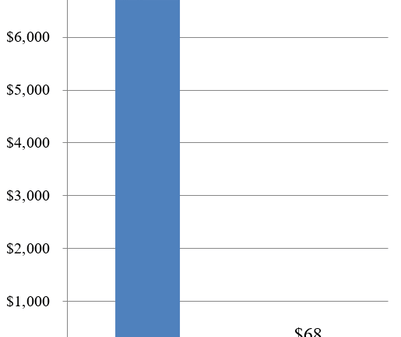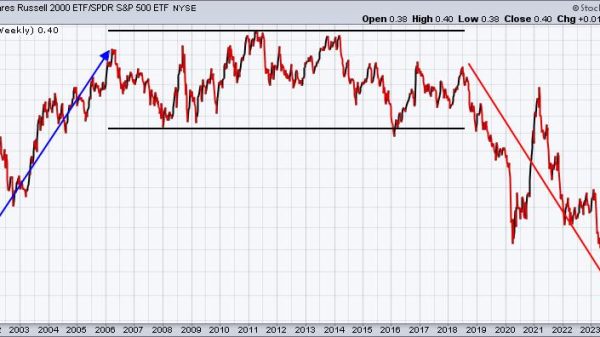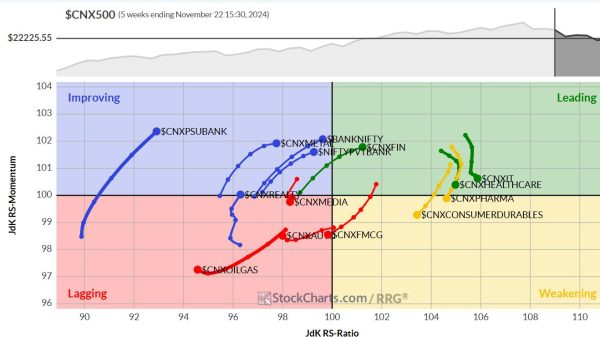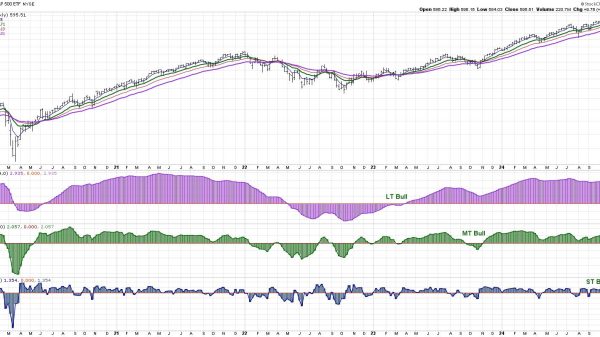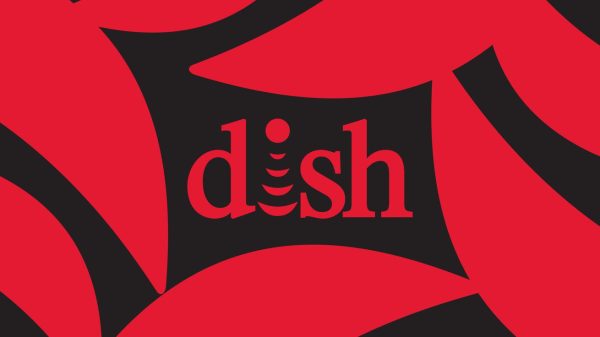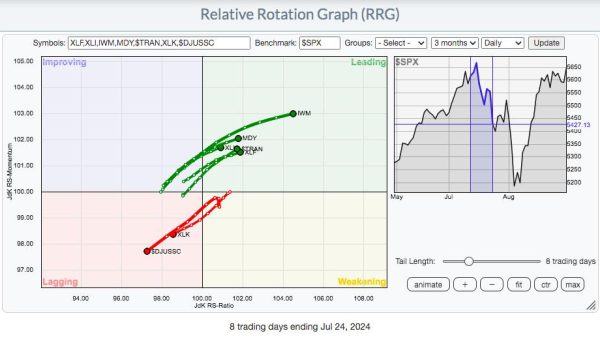
The 2017 Tax Cuts and Jobs Act reduced the tax rate on corporate income from 35% to 21%. Democratic presidential candidate Kamala Harris wants to raise the rate to 28%, arguing it would be “fairer” and help fund public services. In contrast, Republican candidate Donald Trump, who signed the 2017 Act, now advocates for a 15% corporate tax rate for US-based manufacturers, calling it “the centerpiece of his plan for a manufacturing renaissance.”
Both approaches are way off: the right corporate tax rate is 0%.
Beyond lowering the return to capital and thus reducing economic growth, taxing corporate income has three negatives.
First, taxing corporate income perpetuates the idea that something other than people can pay taxes. False. If you can’t shake hands with it, it doesn’t pay taxes. Corporations send checks to the IRS, but the economic burden of these payments falls on consumers (via higher prices), employees (via lower wages), and shareholders (via lower after-tax profits). Believing otherwise implies—incorrectly—that governments can fund their activities by making corporations pay their fair share, rather than by taxing people.
Second, taxing corporate income makes it harder for investors to understand corporate accounts, since corporations subject to taxation take actions that lower their taxable income even when not economically sensible.
Third, taxing corporate income leads governments to distinguish between for-profit (taxable) and non-profit (non-taxable) entities. This allows politicization of such designations and forces governments to make inherently controversial decisions about which activities and organizations are charitable, educational, religious, and so on.
The standard argument in favor of taxing corporate income—soaking the rich—is weak at best. Although existing evidence suggests that corporate taxation falls disproportionately on higher-income taxpayers, it harms lower-income taxpayers in many cases, including by lowering wages. A more targeted approach is progressive rates in the personal income tax system, possibly combined with a social safety net like universal basic income.
An ideal tax system distorts economic decisions as little as possible and avoids incentivizing evasion, avoidance, confusion, and politicization. A 0% corporate tax rate does just that.
This article appeared on Substack on October 25, 2024. Apex Poudel, a student at Motherland Secondary School in Pokhara, Nepal, assisted in the preparation of this post.





